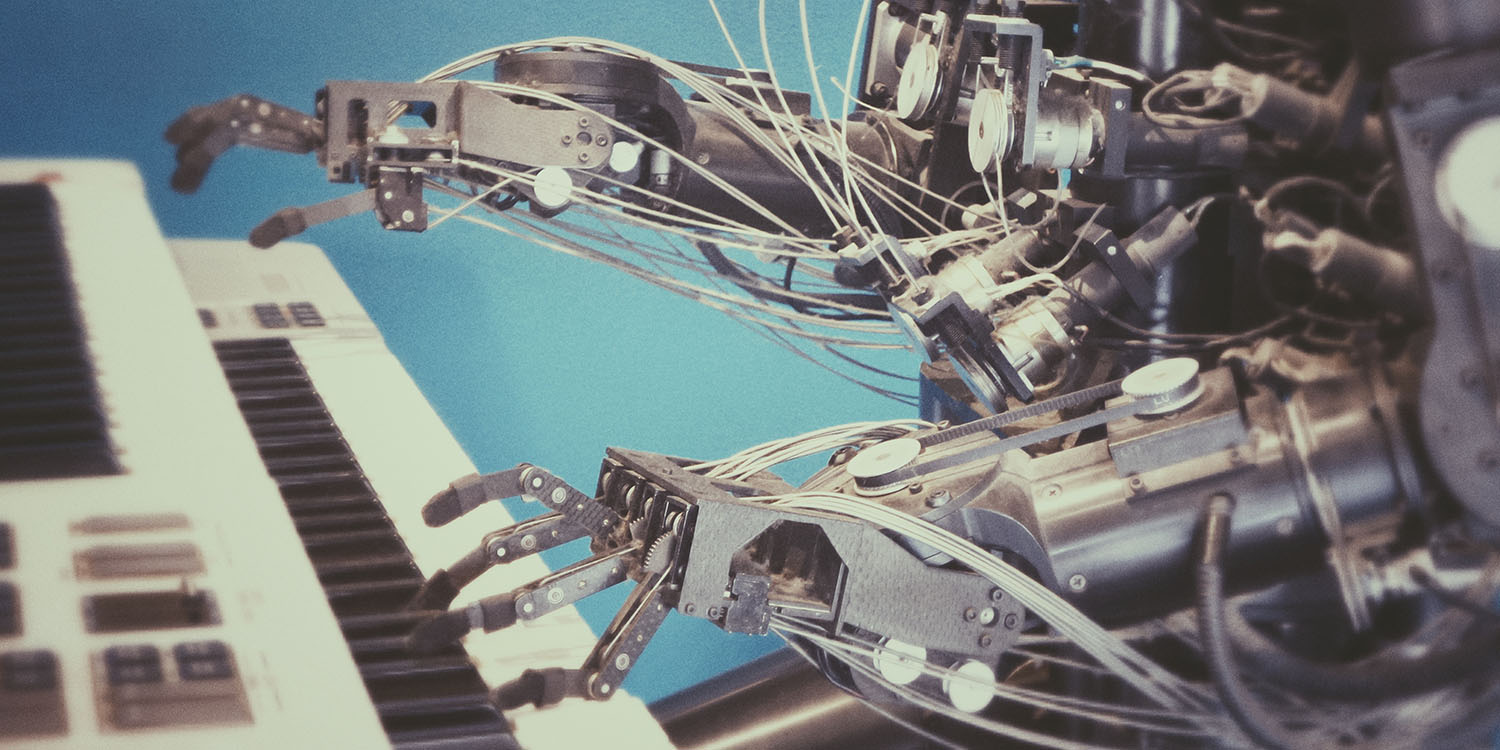
A growing number of AI-generated songs are being uploaded to Apple Music and Spotify, and music label Universal Music Group has said that these involve breach of copyright. Some of these songs are AI-generated covers of existing songs.
UMG has issued a large number of takedown requests, and has asked both Apple and Spotify to block AI systems from scraping melodies and lyrics from their services …
Background
AI-generated songs are created in a similar way to AI chat systems like ChatGPT and Bard. The chat systems learn from analyzing huge volumes of text, and music bots do the same with both melodies and lyrics from existing music.
Both have been the subject of copyright concerns. Chatbots might use entire phrases, sentences, or more, from human authors. Similarly, music bots might replicate both music and lyrics from human artists.
UMG licenses around a third of the music market globally, representing major artists like Taylor Swift, Elton John, and The Weeknd.
Apple and Spotify asked to block AI-generated songs
The Financial Times reports that UMG has emailed a number of streaming music services – including Apple Music and Spotify – asking them to block scraping of lyrics and melodies.
The email, seen by the paper, says in part:
We have become aware that certain AI systems might have been trained on copyrighted content without obtaining the required consents from, or paying compensation to, the rightsholders who own or produce the content […]
We will not hesitate to take steps to protect our rights and those of our artists.
An FT source gave the example of how a music bot prompt might comprise something like: “Compose a song that has the lyrics to be like Taylor Swift, but the vocals to be in the style of Bruno Mars, but I want the theme to be more Harry Styles.” The output may be original, but – like sampling – it borrows from existing music.
One company that has created a songbot is Google, with its model known as MusicLM.
We introduce MusicLM, a model generating high-fidelity music from text descriptions such as “a calming violin melody backed by a distorted guitar riff”. MusicLM casts the process of conditional music generation as a hierarchical sequence-to-sequence modeling task, and it generates music at 24 kHz that remains consistent over several minutes.
Our experiments show that MusicLM outperforms previous systems both in audio quality and adherence to the text description. Moreover, we demonstrate that MusicLM can be conditioned on both text and a melody in that it can transform whistled and hummed melodies according to the style described in a text caption.
However, Google discovered that the model would directly incorporate existing music into its creations in around 1% of cases. The company says that it won’t release the model publicly until it has solved this issue.
Apple hadn’t responded to a request for comment at the time of writing.
Photo: Possessed Photography/Unsplash
FTC: We use income earning auto affiliate links. More.




Comments